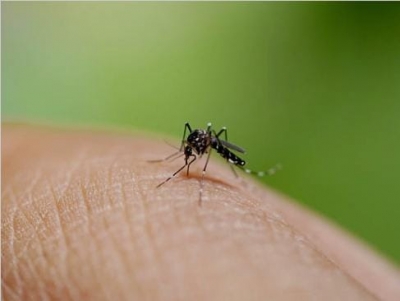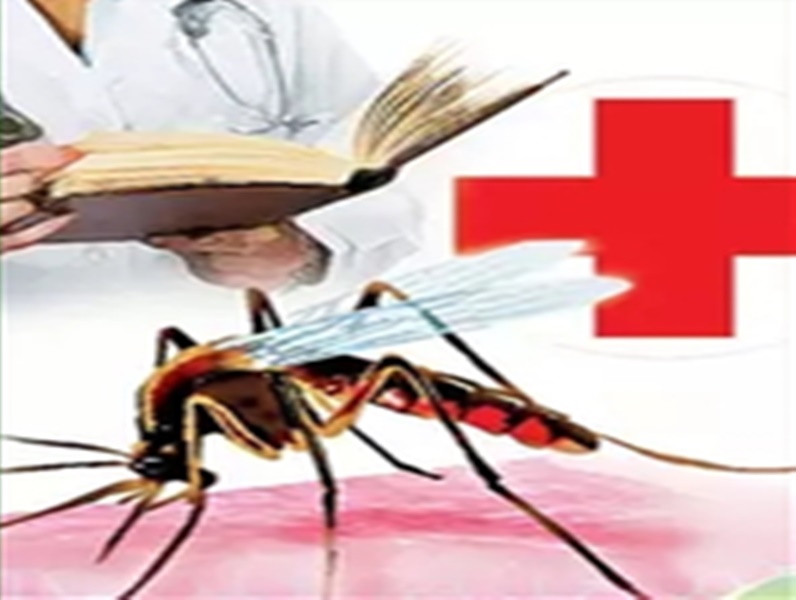Karnataka reported 5,374 cases and five deaths from dengue; Telangana 882 cases, while Andhra Pradesh reported cases of both dengue and malaria, Odisha 288, Ernakulam in Kerala has seen 400 cases…reports Asian Lite News
While the monsoon brought in relief from the sweltering heat, cases of dengue have spiralled in various parts of the country including in Karnataka, Kerala, Telangana, Andhra Pradesh, Odisha, and Maharashtra. Doctors on Sunday advised caution and also stressed the need for early detection to boost outcomes.
Dengue is a vector-borne disease transmitted by the bite of an infected mosquito. The mosquitoes thrive in warm and humid environments, causing the disease that is endemic to more than 100 countries.
“Children have a higher risk of getting dengue fever with varied presentations than in earlier years. The classical presentation would be a brief period of febrile illness with vomiting and pain in the abdomen, decreased appetite, and generalised myalgia. But during this season even children with atypical upper respiratory infections and Gastroenteritis are also positive for dengue,” Santosh Kumar, Senior Consultant, and Lead – Paediatrics & Neonatology, Motherhood Hospitals, Banashankari, Bengaluru, told.
Karnataka reported 5,374 cases and five deaths from dengue; Telangana 882 cases, while Andhra Pradesh reported cases of both dengue and malaria, Odisha 288, Ernakulam in Kerala has seen 400 cases.
Symptoms such as high fever, severe headache, muscle and joint pain, and rash all are early indications of dengue.
Dengue fever is usually a community outbreak and early diagnosis is crucial, the experts said, noting that while majorly it is self-limiting, in some cases, it can progress to severe dengue, also known as dengue hemorrhagic fever or dengue shock syndrome.
Persistent vomiting, abdominal pain, mucosal bleeding, and signs of circulatory failure may indicate a more severe case of dengue.
“Early diagnosis allows for timely administration of medications to alleviate these symptoms, improving the patient’s comfort and quality of life during the illness,” Aravinda S N, Lead Consultant – Internal Medicine, Aster RV Hospital, Bengaluru, told.

“Early diagnosis not only benefits the individual patient but also plays a crucial role in preventing the spread of dengue virus to others. Identifying and isolating infected individuals early in the course of the illness can help prevent further transmission of the virus to mosquitoes, breaking the cycle of dengue transmission in the community,” he added.
The doctors called for maintaining adequate hydration levels due to fluid loss due to fever, vomiting, and diarrhea, which can lead to dehydration and electrolyte imbalances.
The experts also advised people to take protective precautions like avoiding standing water, where mosquitoes can breed, and using mosquito repellents, wearing protective clothing.
ALSO READ-Connected Health to Drive 22% of Life Sciences Revenue

